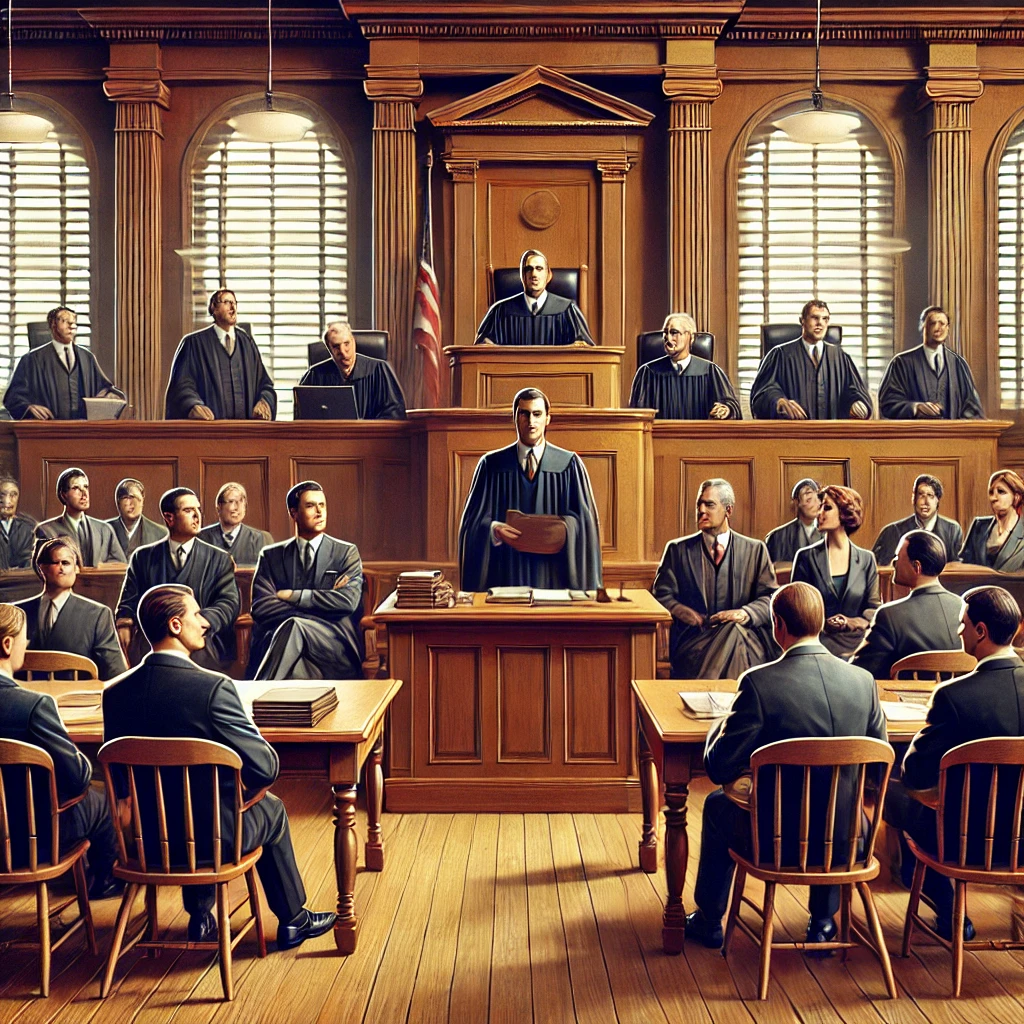Title IX investigations are usually conducted at schools, universities, and colleges to determine what an accused person gets if they get any due process. Due process in Title IX investigations aims at considering all facts while simultaneously maximizing the possibility of a reliable decision at the time of concluding the process.
The aim is to ensure that the balance is fair for both parties – the complainants who are alleging that they are the victim of sexual harassment or misconduct, as well as the respondents who might assert that their entire future is at stake.
On that note, several changes have been made to the Title IX due process rules.
Presumption of Innocence
While there are several aspects that can make a Title IX case, the allegation of sexual misconduct is typically the worst as it can impact the entire life of the respondent to the allegation. For instance, if the accused is a student-athlete, it might bar them from participating in future sports events. It could also affect their eligibility to get a job.
So, as a parent of an accused student, you should know that after several changes to the Title IX due process rules, the accused student will now have a presumption of innocence. A few years ago, students who were accused of sexual misconduct on campus did not enjoy a fundamental presumption of innocence.
But now the legal playing field has been leveled, and all schools, universities, and colleges have no choice but to honor that presumption of innocence and give this assumption to the accused student or faculty member.
The Right to Have A Hearing
A few years ago, before these changes were made, the accused individual had no right to a hearing. Instead, they were at the mercy of an investigation without a hearing. If you are the parents of a student who has been accused of sexual misconduct, you should know that your child does not have the right to a live hearing, and they have the right to an advisor.
The best thing you can do is to get in touch with skilled Nationwide Title IX Lawyers, ask them to evaluate the situation, and provide expert advice on how to proceed. The attorney can also help the family of the accused with the ongoing investigation process and effectively represent the accused during an investigation in disciplinary hearings.
Why Choose A Lawyer As Your Advisor?
When it comes to the role of an advisor, some schools allow another student to sit there as an advisor or a parent. However, you should know about your right to have a legal advisor who can be a lawyer, and preferably, the lawyer should be a lawyer if the accusations are of a serious nature.
Now, no school, college, or university can keep a lawyer from participating in any live hearings, and the accused has the right to have their lawyer conduct cross-examination not only for the accusers but also for any other witness.
The Right to Go Through the Evidence in Detail
You should also know about your right to have sufficient time to review the allegation, collect information, and thoroughly review the evidence. Before this fundamental change in the Title IX law, universities, colleges, and schools were notorious for speeding through such serious cases, which often put the accused at a great disadvantage.
Usually, colleges, universities, and schools took their own sweet time investigating the matter, but once they had completed their own investigation, they hauled the accused individual in for an interview. Subsequently, the authorities made the accusation while giving the accused almost no time to respond.
What Happened Before this Change in Due Process?
This fast-paced demeanor of education institutes often got in the way of students getting their lawyers on board as they naturally wanted to investigate the accusations. Now, the accused has sufficient time to get a lawyer on board and go through the evidence.
This way, Title IX lawyers can now ensure fair protection for the people, which goes in the favor of the accused student or faculty.
The Right to An Impartial Decision-Maker
Sometimes, universities use the same Title IX coordinator to do the entire investigation and decide the verdict on the matter. Understandably, having the same decision-maker all the time did lead to biased decisions.
For this very reason, important changes were made to the due process in Title IX cases where the court said that the police cannot be the prosecutors. The underlying reason is that subconsciously, the police might act with bias, which is why they can form wrong opinions and won’t be able to neutrally evaluate the evidence as a decision maker.
Now, it is easy to understand why the courts separate law enforcement from the prosecutors. Subsequently, the investigator cannot be the decision-maker either. Now, you have the right to have an independent and unbiased investigator as well as a neutral decision-maker in the process.
The Right to Receive All Evidence
You have the right to receive all of the evidence connected to the accusation. However, you should also know that universities, schools, and colleges now have the choice of using the clear and convincing evidence standard, which is essentially designed to provide more protection to an accused person.
These allegations are so serious that these standards are a point of relief. The worst that can happen is misjudging the case and ending a student’s or a faculty’s future based on a simple allegation alone.
Students and Professors Have the Same Standards
If the university is going to give a certain level of protection to a faculty where the institute says that faculty members essentially enjoy the higher protection of clear and convincing evidence – this aspect is no longer accepted under the changes made to the law.
Now, universities must provide a similar level of protection to an accused student. On that note, if the university sets clear and convincing evidence standards for professors, they now have to give that same level of protection to students. So, there is no space for any type of bias now when it comes to investigating Title IX cases.


